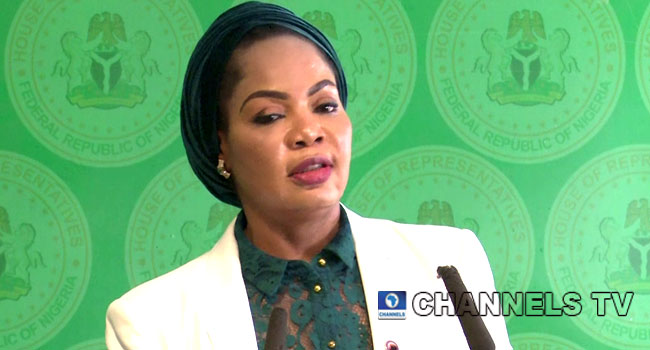Bill To Create Special Seats For Women In NASS, State Assemblies Scales Second Reading

![]()
Members of the House of Representatives have stepped up efforts to ensure more women represent their constituents at legislative houses at both Federal and State levels.
This comes as a bill for an act to alter the provision of the Constitution of the Federal Republic of Nigeria, 1999, to create additional special seats for women in the National Assembly and State Houses of Assembly scaled the second reading.
It was read for the second time on Wednesday during plenary at the lower chamber of the National Assembly in Abuja, the nation’s capital.
The bill, which was sponsored by the Deputy Majority Whip, Nkeiruka Onyejeocha, and 85 other lawmakers, seeks to address the issue of low representation of women in the legislature.
It proposes two additional members of the House of Representatives from each state and the Federal Capital Territory (FCT), and one additional senator from each state, who shall be women.
Three other bills, including a bill for an act to provide for compulsory teaching of vocational studies in the syllabuses of secondary schools in Nigeria, have also scaled the second reading in the House.
The others are a bill for an act to regulate the profession of forestry in Nigeria, and a bill for an act to establish the Public Service Institute of Nigeria.
The Public Service Institute is charged with the responsibility of organising training programmes and refresher courses for civil and public servants in the employment of the Federal Government.
During Wednesday’s plenary, two other bills, including a bill for an act to establish the Institute of Co-operative Professionals of Nigeria, were consolidated by the lawmakers.
The other is a bill for an act to provide for the establishment of the Chartered Institute of Cooperatives and Social Enterprise Management to regulate, control, and determine the standards of knowledge to be attained by persons seeking to become chartered co-operators and social entrepreneurs.


